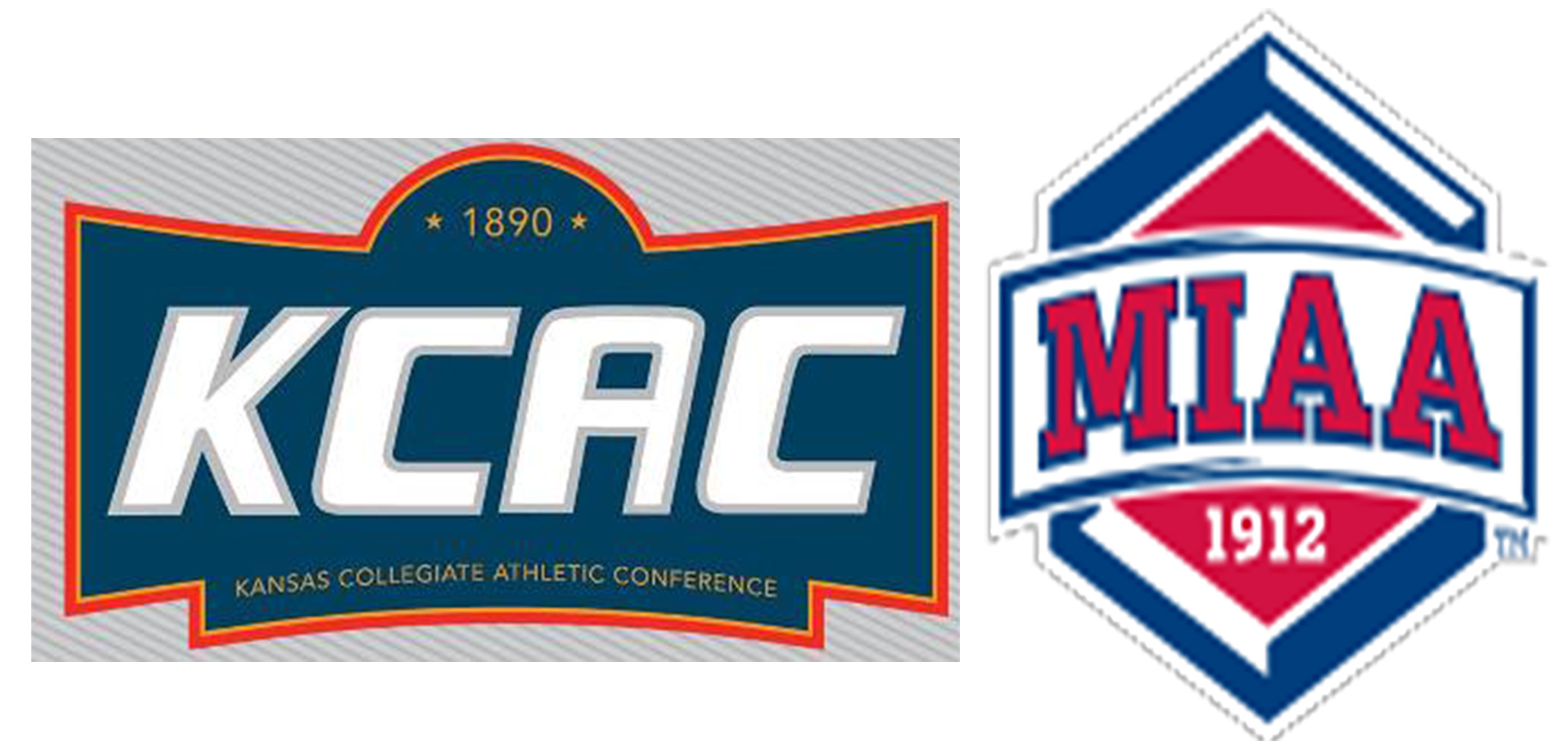About eighty-five Salinans and ten trained facilitators met on October 7 to deliberate about criminal justice issues. The issue was selected, named, and framed locally, applying the Kettering National Issues Forum model. Greg Stephens and Thea Nietfeld, both professors from K-State University organized the two sessions.
From the start, all agreed Salinans want safe communities. Participants sat at small tables and discussed the benefits and drawbacks of three approaches to addressing the broad criminal justice issues signaled by overcrowding at the jail. These approaches include:
• Maintaining and increasing incarceration
• Emphasizing prevention and rehabilitation
• Changing the legal system
Representatives from each table reported back to the group, prompting further discussions that are summarized here:
Salinans want our community to have more mental health and addiction services available so people with mental illness can get care rather than incarceration and those who want to work on their addiction recovery can do so without having to commit a crime to get affordable services. Some mentally ill people have no place to go so they commit a crime to be safe in jail. There is a strong nexus between drug abuse and crime.
We have questions and concerns about who is in the justice system demographically, what the recidivism rates are, and how our community can better respond to offenders. We need to listen to offenders of all ages/ to learn more about those who are in jail or have been. We recognize that it can be very difficult for a person with an arrest record to get a job and so they and their family are condemned to poverty.
We support the involvement of our School District for early intervention, interpersonal and life skills, and follow through to support our kids who need help. We want our kids who aren’t in the community due to detention to be returned.
We see the value of a jail that is safe for all and available for purposeful programs; we support more opportunities for offenders to grow as individuals and not commit more crimes, and sometimes state requirements make things harder locally and so these things need to be addressed. Until we have more fully developed alternatives to jail, we may need to make changes to make our jail safe.
We have not committed enough community resources to such things as increasing education and job skills for those who are incarcerated. We could address local needs such as sidewalk repair while paying those who are in jail and helping with skill development, along with increasing their self-esteem.
We need to talk about how we can pay now or we can pay later — that investing in rehabilitation programs will benefit all of us in the long run. We need to find money to pay for facilities and programming; we need a well-structured tax base. At least some of us are willing to increase taxes for improved criminal justice.
Overall, we think we have been focusing too much on punishment and not enough on prevention. Jail can’t be the only approach. We need to experiment with various solutions to motivate change, such as with restorative justice for juveniles. We need to ask ourselves regarding criminal justice as a whole: Are we just doing it the same way rather than the most effective way?
We need to educate the community about the role of the police and what an officer does as well as how the court and legal system work, including the distinction between jail and prison and how sentencing guidelines affect our community. We need people to know about drug court. We need to learn what all the agencies in the community provide and we might save money by reducing duplication of services. Our parents and families probably need more help.
We need to get away from working in silos; sometimes elected officials forget the platform on which they were elected. We need everyone to talk to each other.
We don’t know whether immigration is a problem for our jail. Court-appointed attorneys may be over-loaded. Our police and all of us may need help overcoming racial bias.
—
Summary prepared by: Thea Nietfeld



